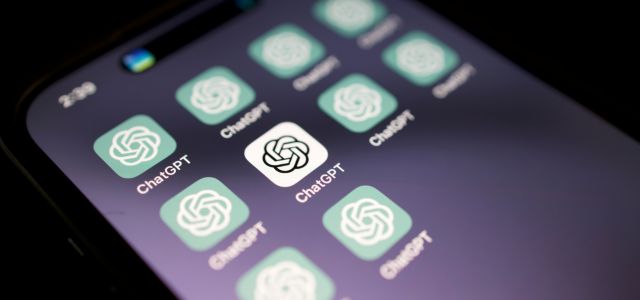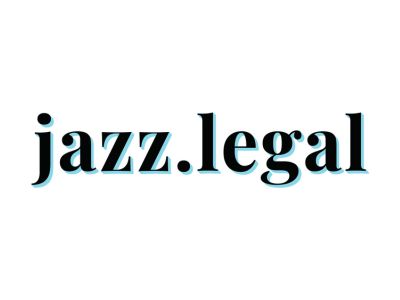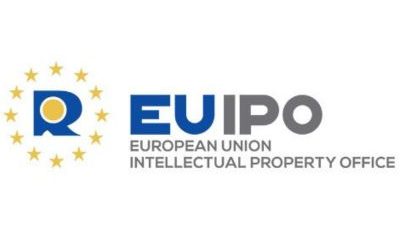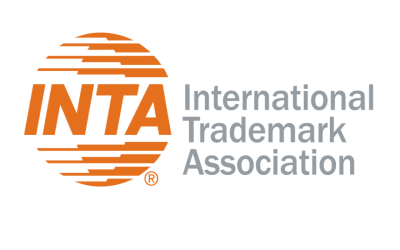An interesting find in what at first seemed to be a run-of-the-mill Benelux trademark opposition concluded on 22 November 2024. The applicant had named ChatGPT as its representative, with unfavorable results.
Background
In November 2023, a Dutch national filed a Benelux trademark application for the following complex mark in classes 2 and 16:
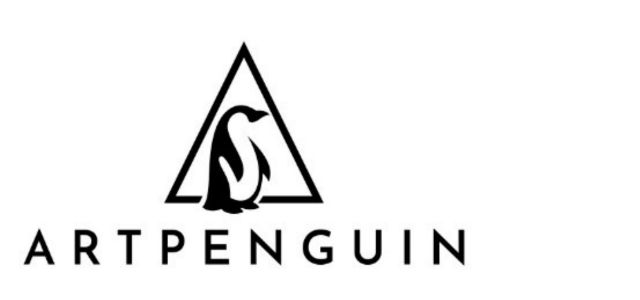
This application was opposed for class 16 by the British company Penguin Books Limited. The Opponent based the opposition on five earlier trademarks in class 16, namely two wordmarks PENGUIN, and three variations of the Penguin logo:
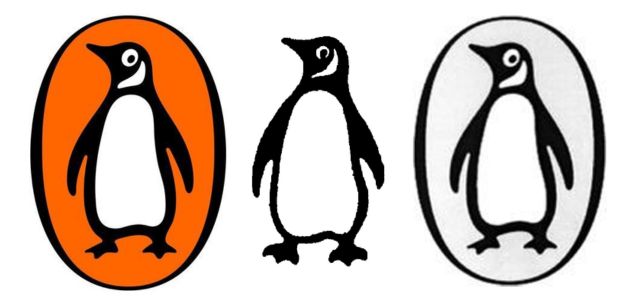
(Respectively, two European Union Trade Marks (EUTMs) and one international registration designating the European Union (EU)).
Representative
There is nothing out of the ordinary in this case so far, but one decision by the applicant turned this into somewhat of a landmark case. The applicant appointed ChatGPT as their representative for the opposition and let the artificial intelligence (AI) chatbot draft their observations.
Art. 3.6 of the Implementing Regulations under the Benelux Convention on Intellectual Property regulates the role of representatives in Benelux trademark and design matters. Among others, it states that:
- All activities at the Office […] may be performed through the intermediary of a representative acting as the agent.
- The representative’s place of residence or registered office should be located in the European Economic Area.
- All communications concerning these activities will be addressed to the representative.
The Implementing Regulations don’t explicitly state that the representative needs to be a natural or legal person. OpenAI, as a US company, does seem to fail the EEA residence requirement. We can also assume that the company behind ChatGPT isn’t interested in processing every user’s Benelux Office for Intellectual Property (BOIP) correspondence, so handling communication would be an issue.
Nonetheless, the BOIP seems to implicitly confirm the appointment as a representative, as ‘ChatGPT (OpenAI)’ is recorded as the representative in the trademark register:
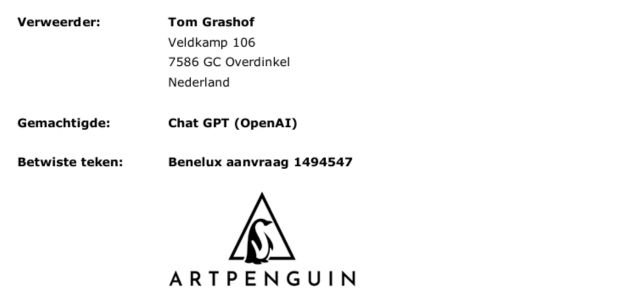
On the other hand, perhaps the BOIP intentionally refrained from conducting the check to make a point. In any case, this is a first in the Benelux and likely worldwide.
Applicant’s observations
While the applicant’s observations are not publicly available, the BOIP does provide a summary in its decision.
In its visual comparison, ChatGPT qualified the contested sign as a modern design with stylized wings and no facial expression. It described the earlier marks as showing a more detailed penguin with a clear facial expression and a classic, old-school look. This penguin is depicted in a traditional standing pose. The background of the contested sign is a triangle, while the earlier marks have a circular background. It concluded that the visual differences identified amount to the difference between a modern and a classic brand image.
Phonetically, ChatGPT found the earlier marks and the contested sign similar in the shared element PENGUIN, but the word ART, which, according to the applicant, is emphasized in the sign, creates a phonetical difference according to the chatbot.
It further made its most notable error in the phonetical analysis: it wrongly compared the word element ARTPENGUIN with the word element PENGUIN BOOKS, which does not appear in any of the earlier marks. This author applauds the BOIP for its comment “that prompt needed improvement.”
In its conceptual comparison, ChatGPT pointed to certain marketing aspects of the signs. These are consistent with its arguments under visual similarity. The earlier marks and the applicant’s sign differ conceptually given their different appearance, modern versus classic, which will appeal to different audiences.
No comparison of the goods & services or a global assessment was performed by the AI representative.
Conclusion
Unsurprisingly, the BOIP finds the risk of confusion, and the opposition is granted. Some may read this as a confirmation that the trademark attorney profession is safe from the AI revolution, while others may consider this a matter of inaccurate prompting. Either way, the consequences for the applicant (pending appeal) remain the same: they lost the opposition, the trademark will not be registered, and the applicant is ordered to pay EUR 1,045 to the opponent.
Would the result have been different if a (human) expert attorney had written the applicant’s observations? Perhaps not, given the signs and the goods and services. However, an expert advising the applicant to withdraw the trademark application in class 16 would have likely ended up costing the applicant less.

Written by Thierry Van Ransbeeck
Owner, Jazz.legal
You may also like…
EUIPO and UANIPIO welcome the integration of Ukraine’s trademarks into TMview
The European Union Intellectual Property Office (EUIPO) and the Ukrainian National Office for Intellectual Property...
Jägermeister succeeds in opposing the EU trademark application Alten Kräuterfrau for alcoholic beverages
Mast-Jägermeister SE filed an opposition on the grounds of Article 8(1)(b) – likelihood of confusion between the signs...
INTA’s Brand & New podcast wins prestigious w3 Award for “Inside the Dupe Revolution” series
New York, New York—October 14, 2025—The International Trademark Association (INTA) is proud to announce that its...
Contact us to write for out Newsletter


